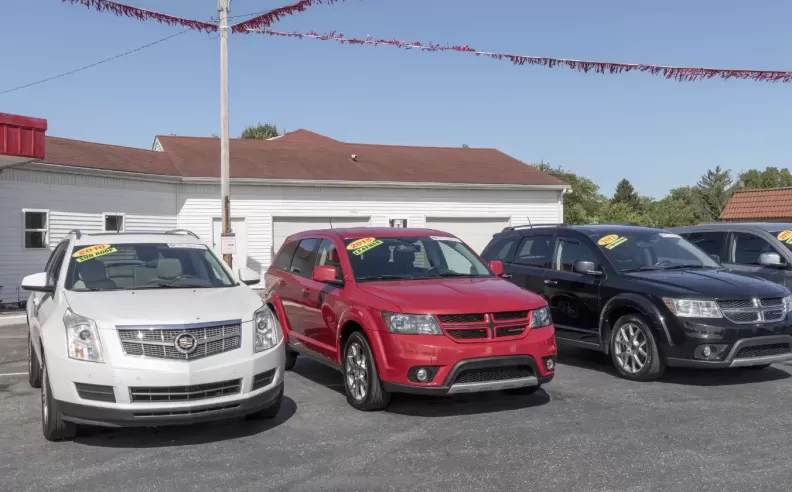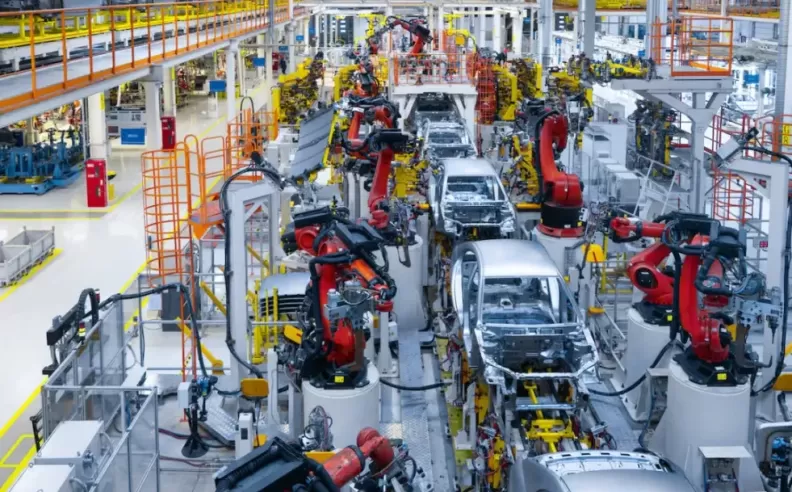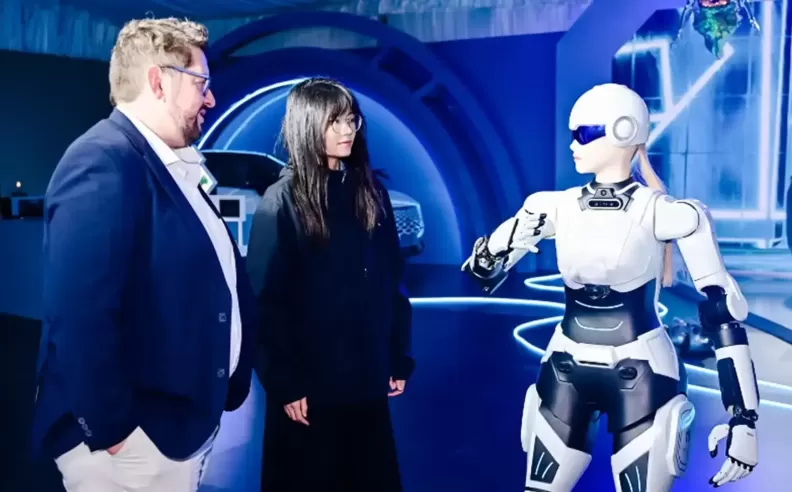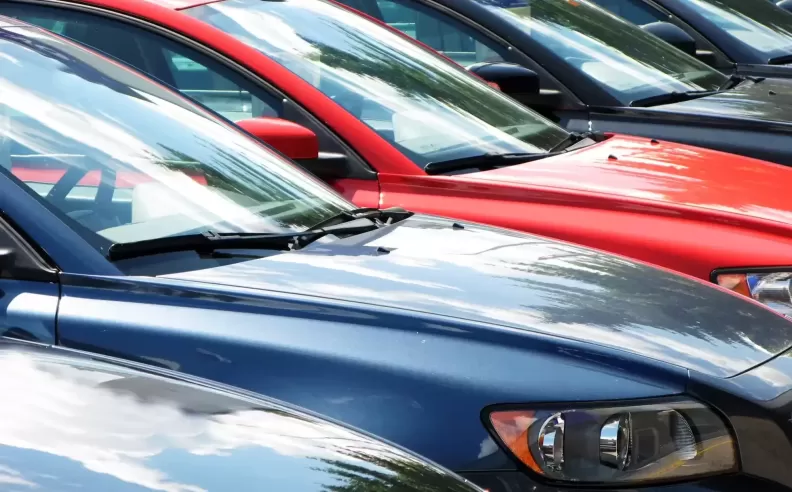
The used car market is experiencing a seismic shift, one that has left prospective buyers baffled and current owners reevaluating the worth of their vehicles. Over the past few years, the prices of used cars have surged to unprecedented levels, with data indicating that they are now a staggering 33% more expensive than they were in 2019. This remarkable increase has been driven by a multitude of factors, from the global pandemic to supply chain disruptions and shifts in consumer preferences. In this article, we will explore the key drivers behind this dramatic surge in used car prices and its implications for both buyers and the broader economy.

The COVID-19 pandemic has undoubtedly played a pivotal role in the transformation of the used car market. During the early months of the pandemic, car production halted, leading to a significant shortage of new vehicles. Automakers had to shut down factories, causing supply chain disruptions and reduced inventories of new cars. As a result, many consumers turned to the used car market as a more readily available alternative. This sudden surge in demand for used cars began to drive up prices.

The pandemic-induced supply chain disruptions extended far beyond car production. Factors such as a shortage of semiconductor chips and logistical challenges in shipping and distribution further impacted the availability of both new and used cars. As dealerships struggled to restock their inventories, the supply-demand balance tipped in favor of sellers, enabling them to increase prices substantially.

Shifts in consumer preferences also played a role in the skyrocketing prices of used cars. As remote work became the new norm, many individuals reevaluated their transportation needs. The appeal of owning a personal vehicle surged as people sought to avoid crowded public transportation and ride-sharing services. This increased demand for cars, combined with the aforementioned supply shortages, led to higher prices in the used car market.

The surge in used car prices has had significant implications for consumers. For those in need of a reliable vehicle, the increased cost of entry into the market has created financial hurdles. People who previously could afford a certain type of used car may now find themselves priced out of the market or forced to settle for less desirable options.
Additionally, rising used car prices have impacted auto loans. Borrowers face higher monthly payments, and the overall cost of financing a used car has increased. This could lead to financial strain for some buyers and potential consequences for the broader economy.
The 33% increase in used car prices since 2019 is a remarkable phenomenon with multifaceted causes. The convergence of the COVID-19 pandemic, supply chain disruptions, changing consumer preferences, and inflationary pressures has created a perfect storm in the automotive market. While this surge in prices has made it challenging for many consumers to purchase used vehicles, it has also presented opportunities for those looking to sell their cars at a premium.
The long-term impact of these price increases remains uncertain. It may influence consumer behavior, encourage investment in alternative forms of transportation, or lead to policy changes in the automotive industry. As we navigate these shifting economic tides, it is clear that the once-stable world of used cars has been fundamentally altered, prompting both buyers and sellers to adapt to this new reality.

Wael is an automotive content writer specializes in creating written content for Motor 283. Producing a wide range of content, including blog posts, articles, product descriptions, reviews, and technical guides related to cars, trucks, motorcycles, and other vehicles, with an unprecedented passion for cars, and motorcycles.

